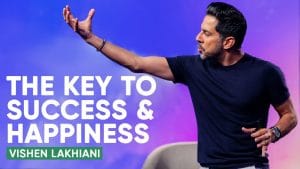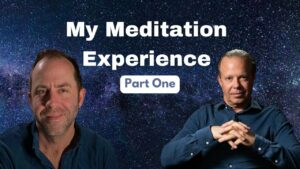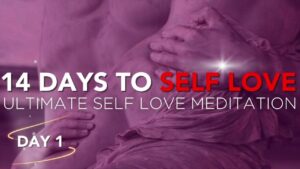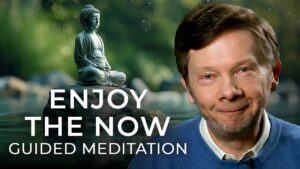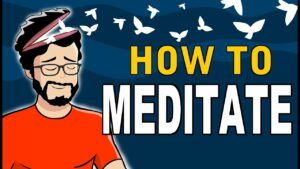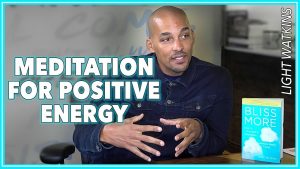The Prison of Your Mind: Lessons in Self-Empowerment from Sean Stephenson
Overcoming Adversity and Finding True Freedom
Empowerment Over Predictions: Sean Stephenson emphasizes the importance of rejecting predictions that disempower you. He shares his own story of outliving doctors’ grim predictions at birth, stressing that one should only listen to empowering beliefs.
Self-Identity Beyond Conditions: Stephenson advocates for the idea that you are not defined by your physical condition. He highlights the need to adapt and celebrate life, regardless of circumstances, and rejects the label of disability.
Avoiding Self-Pity and Self-Bullying: Stephenson warns against the dangers of self-pity and self-bullying. He describes pity as a paralyzing drug and stresses that self-love is essential for overcoming adversity and achieving true freedom.
Insecurity and External Validation: He discusses how insecurity leads to the pursuit of external validation and objects. Stephenson encourages self-acceptance and love, asserting that everyone is enough as they are.
Mental Prison and True Freedom: Stephenson describes the real prison as the one within our minds, filled with self-doubt and negative chatter. True freedom, he argues, comes from mastering one’s emotions and loving oneself, regardless of external conditions.
Self-Identity Beyond Conditions
Stephenson passionately argues that one’s physical condition should not define their identity. He shares his experiences of being perceived as “disabled” and how he has consistently risen above these perceptions. His message is clear: the true disability lies in the refusal to adapt. Celebrating life and finding value in oneself, regardless of circumstances, is crucial. He humorously accepts the perks of handicapped parking but refuses to let his condition define his capabilities or worth.
Avoiding Self-Pity and Self-Bullying
One of the most poignant points in Stephenson’s speech is the warning against self-pity and self-bullying. He likens pity to a paralyzing drug that freezes potential. Self-pity, he argues, is a trap that prevents personal growth and success. Equally dangerous is self-bullying—accepting negative opinions and predictions about oneself. Stephenson emphasizes the necessity of self-love, as it’s the antidote to these destructive behaviors. Loving oneself is the foundation for overcoming adversity and achieving true inner freedom.
Insecurity and External Validation
Stephenson delves into the topic of insecurity and the human tendency to seek external validation. He explains that when people feel inadequate, they often chase after external objects and validation to fill the void. This pursuit, however, is futile and only perpetuates the cycle of insecurity. Stephenson encourages self-acceptance, stressing that every individual is inherently enough. By recognizing and embracing this truth, one can break free from the chains of insecurity and live a more fulfilled life.
Mental Prison and True Freedom
The most profound lesson Stephenson shares is the concept of the mental prison. He explains that the real prison is not made of bars or fences but is within our minds. This prison is filled with self-doubt, negative self-talk, and incessant mental chatter. True freedom, he asserts, is achieved by mastering one’s emotions and learning to love oneself. Whether in a physical prison or a mansion, freedom comes from within. By dropping from the mind into the heart, and embracing emotional mastery, one can experience true liberation.
Stephenson’s message is a powerful reminder that the key to overcoming adversity and finding true freedom lies within us. His life and words inspire us to reject disempowering beliefs, define ourselves beyond our conditions, avoid self-destructive behaviors, embrace self-acceptance, and break free from the mental prisons we create. Through self-love and emotional mastery, we can all achieve the freedom and strength needed to navigate life’s challenges.

